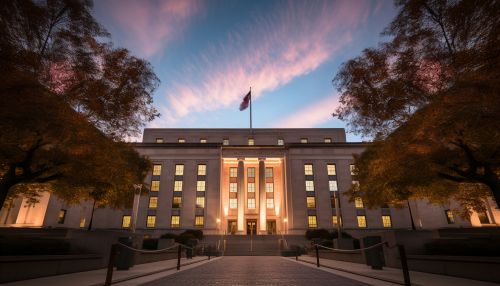Environmental Protection Agency
Overview
The Environmental Protection Agency (EPA) is an independent executive agency of the United States federal government tasked with environmental protection matters. Established by President Richard Nixon in 1970, the EPA is responsible for the enforcement of national standards under a variety of environmental laws, in consultation with state, tribal, and local governments Environmental Law.
History
The EPA was proposed by President Richard Nixon and began operation on December 2, 1970, after Nixon signed an executive order. The order establishing the EPA was ratified by committee hearings in the House and Senate. The agency is led by its Administrator, who is appointed by the President and approved by the Senate U.S. Senate. The EPA is not a Cabinet department, but the Administrator is normally given cabinet rank.


Structure
The EPA is organized into a number of offices that each deal with a specific aspect of environmental protection. These include the Office of Air and Radiation (OAR), the Office of Chemical Safety and Pollution Prevention (OCSPP), the Office of Land and Emergency Management (OLEM), and the Office of Water (OW) Water Pollution. Each office is headed by an Assistant Administrator appointed by the President and approved by the Senate.
Functions
The EPA's primary responsibilities include the enforcement of federal environmental regulations, conducting environmental assessment, research, and education, and establishing and enforcing environmental standards and laws. It is also responsible for issuing permits and information on environmental topics Environmental Permit.
Impact
The EPA's work has had a significant impact on the quality of the environment in the United States. It has been instrumental in setting and enforcing standards for air and water quality, regulating the use of pesticides and toxic substances, managing waste and cleanup of contaminated sites, and promoting energy efficiency and renewable energy sources Renewable Energy.
Criticisms and Controversies
The EPA has faced criticism and controversy over its history. Critics argue that the agency has been too aggressive in its regulation, imposing unnecessary costs on businesses and consumers. Others argue that the EPA has not been aggressive enough, failing to adequately protect the environment and public health Public Health.
